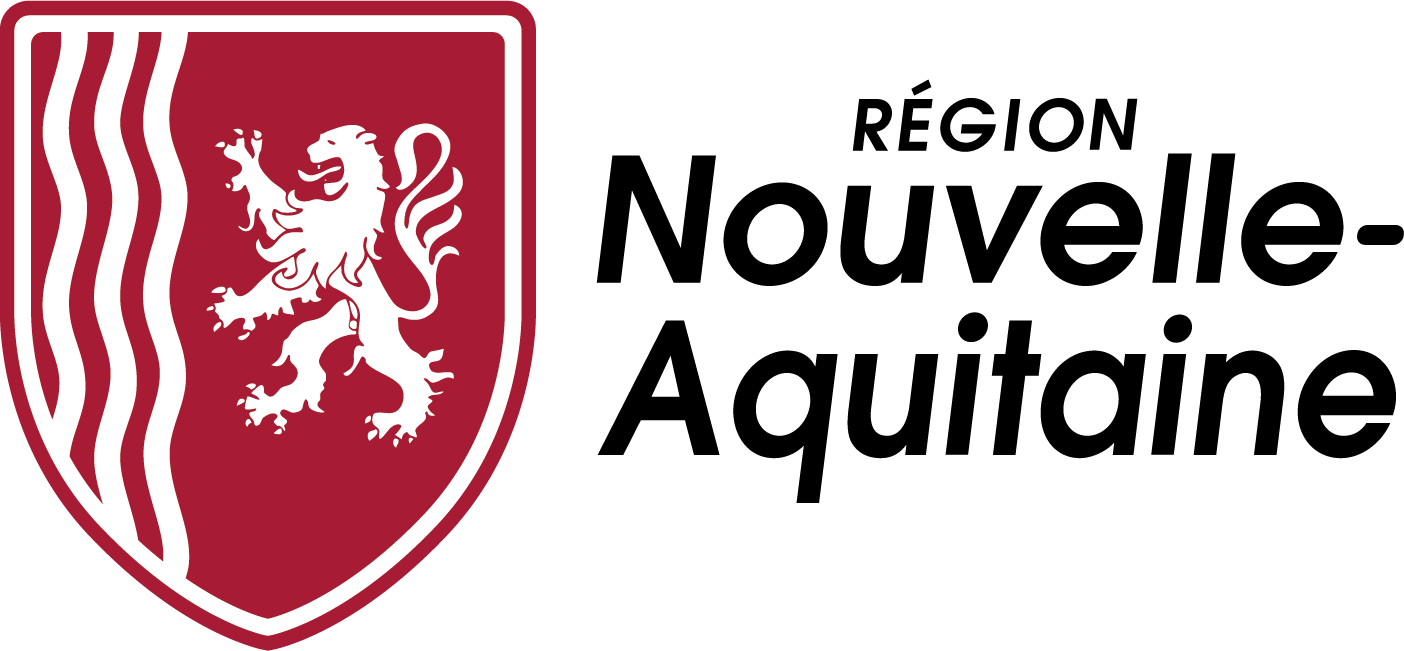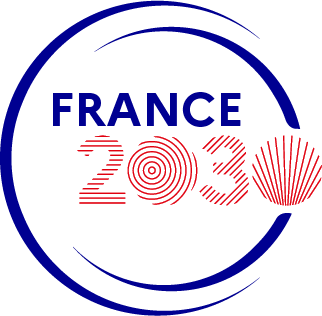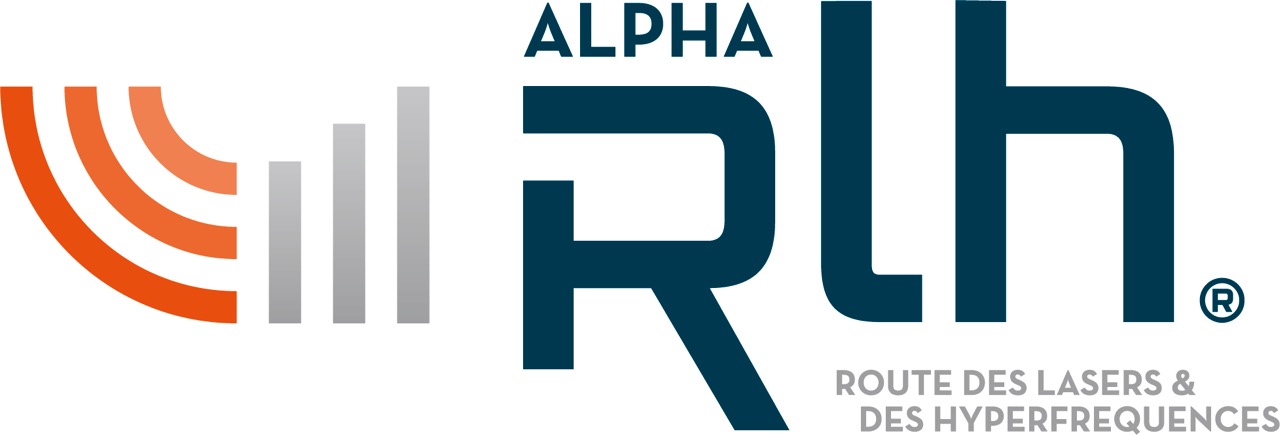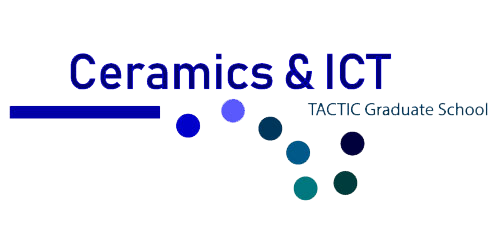You are here
International Cooperation
International Strategy
XLIM is a reference laboratory at the international level by its influence and its scientific achievements. The diversity of the research themes developed at XLIM as well as the broad spectrum of skills are used to develop solid international partnerships.
The XLIM laboratory has set strategic objectives to accentuate and reinforce the internationalisation of training and research. This strategy is based on:
- Strengthening the attractiveness of the laboratory to high-level international researchers,
- The development of co-supervision and co-direction of theses at the international level,
- Strengthening the attractiveness of the masters and bachelor's degrees offered by the laboratory,
- Encouraging outgoing mobility of researchers towards partners,
- Increasing participation in international calls for proposals (European projects, in particular
XLIM International Cell (CIX)
The XLIM International Cell (CIX) was created in 2013 and renewed with the new management in September 2019. The objective of CIX is to structure the actions to be carried out and to coordinate the use of financial means through calls for projects. The CIX has 5 members representing the unit's themes and sites:
- Samir ADLY (International Director, MATHIS Axis)
- Delia Arnaud-Cormos (RFE Axis)
- Chaker Larabi (ASALI Axis)
- Jean-Christophe Nallatamby (SRF Axis)
- Benjamin Wetzel (Photonics theme)
The international collaborations enable the unit's skills to be strengthened and its work to be identified and promoted thanks to the complementarity of the various partners. These collaborations have given access to new sources of funding, attracted high-level doctoral and post-doctoral students and enabled the pooling of resources with our partners. For the current period, some indicators can be given:
- 31 European projects (European Community and ESA funding) have been accepted
- 41% of international journals were co-authored with international partners
- 50 co-supervised or co-directed theses were defended with partner universities in different countries
- 36 international researchers have visited the XLIM laboratory
Links
- University of Limoges
- University of Poitiers
- Doctoral School
- CNRS
- International policy
- INSIS (Engineering and Systems) - In French: Relations Internationales
- INSMI (Mathematics and Interactions) - In French: Relations Internationales
- INSII (Information Sciences) - In French: Relations Internationales
- Région Limousin










 UMR CNRS n°7252
UMR CNRS n°7252